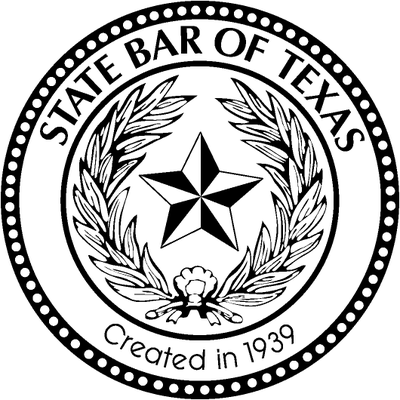Welcome to Texas Business Matters! This is our fifth blog in a ten-part series on non-competes. In our last blog, we addressed whether an independent contractor can be bound by a non-compete agreement. In this blog, we will discuss the special rules for non-compete agreements for physicians. As we discussed…
Read More
Trade secrets are the kind of information that, if end up in the hands of a competitor, could spell disaster for your business. A common example is the Coca Cola recipe. Other examples include customer lists, pricing information, and business strategies. Under Texas law, it is illegal for an employee…
Read More
In April, I wrote about the enforceability of forfeiture clauses in an article published in Texas Lawyer and reprinted with permission here. A forfeiture clause requires an employee to forfeit his right to compensation if he engages in activity detrimental to the company, such as working for a competitor. In…
Read More
Executive employment contracts and severance agreements often include a forfeiture clause. These so-called "bad boy" clauses require the employee to forfeit his right to compensation if he engages in activity deemed detrimental to the company, such as working for a competitor. A case pending before the Texas Supreme Court could…
Read More
Voir dire is my favorite part of a trial. It’s the beginning, which is always the most exciting part of any adventure. And it’s where you, as a trial lawyer, begin to get to know the jury panel, and they begin to get to know you and your client. Call…
Read More
Here’s a recent arbitration case that will interest employers with Spanish-speaking employees. In Delfingen US-Texas L.P. v Valenzuela, the employee sued the employer for workers’ compensation retaliation. Because the employee had signed an arbitration agreement, the employer filed a motion to compel arbitration. Arguing that the arbitration agreement was procedurally…
Read More
Texas has a statute that protects public whistleblowers who make a good faith report of a violation of law by a public agency or employee to the appropriate law enforcement agency. According to the statute, “appropriate law enforcement agency” is a governmental agency that the employee in good faith believes…
Read More
This week, the U.S. Supreme Court decided a case that involves two hot topics in employment law: arbitration agreements and noncompetes. In Nitro-Lift Technologies, LLC v. Howard, two employees who worked in Oklahoma signed a noncompete with their employer at the time, Nitro-Lift. The noncompete included an arbitration clause. The…
Read More
Last week, the Fifth Circuit affirmed summary judgment granted in favor of the employer in a discrimination case. In this case, the employee complained that the employer’s decision to give her the second highest possible, but not the highest possible, rating on a performance review was age, race, sex, sexual…
Read More
This week, the Texas Supreme Court decided that the Lilly Ledbetter Fair Pay Act does not apply to the Texas Commission on Human Rights Act (TCHRA), the state law mirroring Title VII. (Click here for my previous blog covering the oral argument of this case.) The Lilly Ledbetter Fair Pay…
Read More









